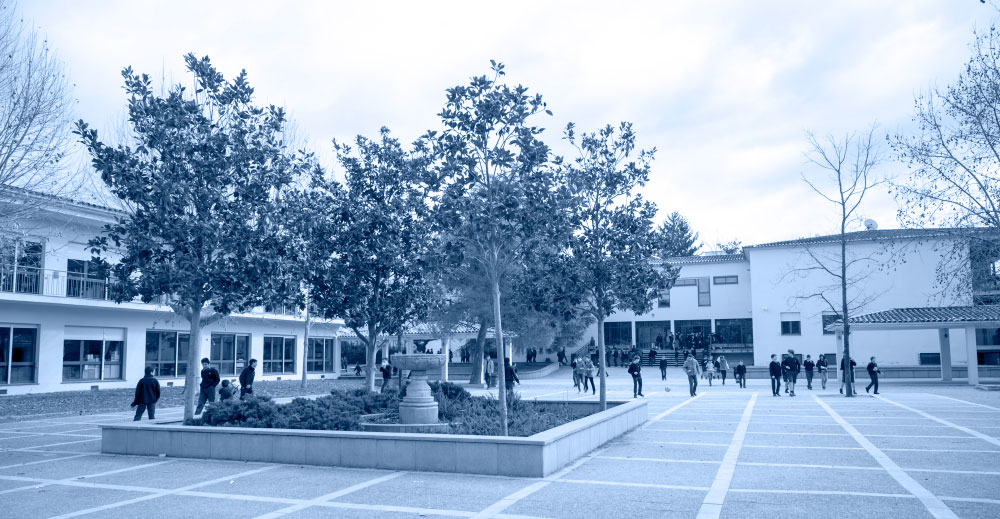In the constant search for educational excellence, Bell-lloc embarks on a unique educational journey, enriching the learning experience through the implementation of Thinking Culture, a pedagogical philosophy based on the tools and principles of Harvard University’s Project Zero.
What is Thinking Culture?
Thinking Culture is an educational approach that goes beyond the simple transmission of information. Rather than focusing exclusively on what students should learn, it focuses on how they should think. It is about cultivating habits of mind that nurture curiosity, encourage exploration and develop critical thinking skills.
Tools Inspired by Harvard’s Project Zero
Habits of Mind
Habits of mind are the fundamental intellectual dispositions that students must develop to meet cognitive challenges successfully. At Bell-lloc we adopt the perspective of Harvard’s Project Zero, which identifies habits such as persistence, flexibility, precision, and metacognition as essential for deep, reflective thinking.
Thinking Routines
Thinking routines are structured patterns of interaction and reflection that guide students through specific cognitive processes. We incorporate routines such as “Observe, Question, Imagine” and “Compare and Contrast” to encourage detailed observation, asking meaningful questions, and connecting ideas.
Thinking Keys
Thinking keys are strategies that open doors to complex thinking and deep understanding. At Bell-lloc, we use Project Zero-inspired cues, such as “Explore Evidence from Different Perspectives” and “Find Patterns,” to challenge students to analyze information from diverse perspectives and discover underlying structures.
Impact on Learning
The implementation of the Thinking Culture has transformed the educational dynamic at Bell-lloc. Students not only absorb information, but also learn to question, connect and apply knowledge in meaningful ways. This methodology nurtures skills that go beyond the classroom, preparing students to face future challenges with confidence and intellectual acuity.
Collaboration and Continuous Development
Bell-lloc’s commitment to Thinking Culture not only engages students, but also drives collaboration among educators. Through ongoing training and shared reflection, educational staff are empowered to refine and adapt these tools, ensuring effective and relevant application in the changing environment of education.



